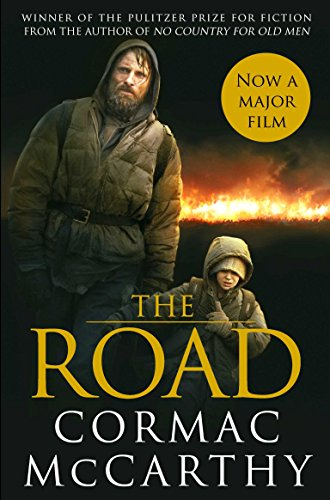

How do we know this? How are we so convinced about this father’s love for his son? At no time in the book does the father say I love you to his son, yet we never doubt through all their Okays that he loves his boy. Touch, I realized with this first line, has maintained credibility in a world where so much language is useless, its “sacred idiom shorn of its referents and so of its reality” (89)¹. What role, I began to wonder, does touch have in this bleak world McCarthy creates for us?


The contrast between the two men’s touching of the son struck me–they both aim to possess, but one is for the sake of consumption and one is rooted in love. It rose to the top of my thoughts with the first line of the novel, where the father reflexively reaches out to his son: “When he woke in the woods in the dark and the cold of the night he’d reach out to touch the child sleeping before him.” It occurred to me that in my previous readings of the novel, the only other person to touch the boy was the man his father killed. It’s not the only scene from the book seared into my brain (“the things you put into your head are there forever” (12) after all) but when I picked up the novel this year to re-read it, I was thinking about it before I’d even reached it. Maybe because I’m a dad, the scene in Cormac McCarthy’s The Road when the father shoots and kills the man who has grabbed his son will not leave me. I read a lot of books and have forgotten more about them than I thought was possible, but some scenes stay with me no matter how many books intervene.


 0 kommentar(er)
0 kommentar(er)
